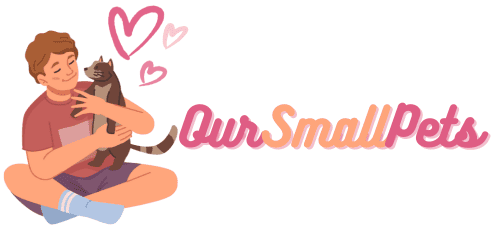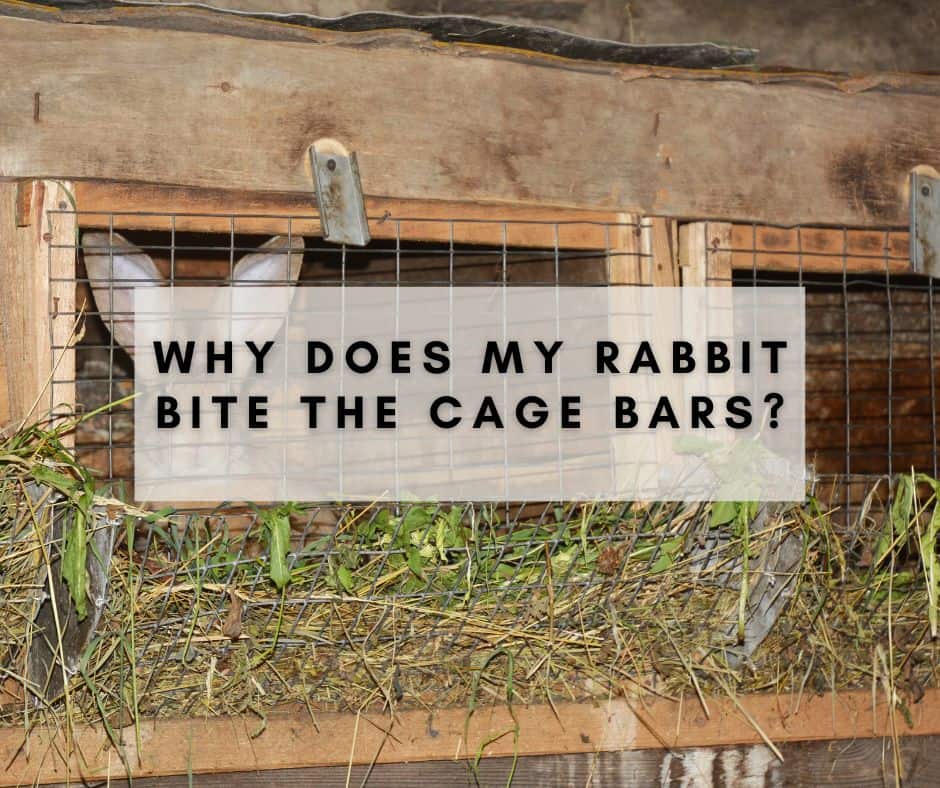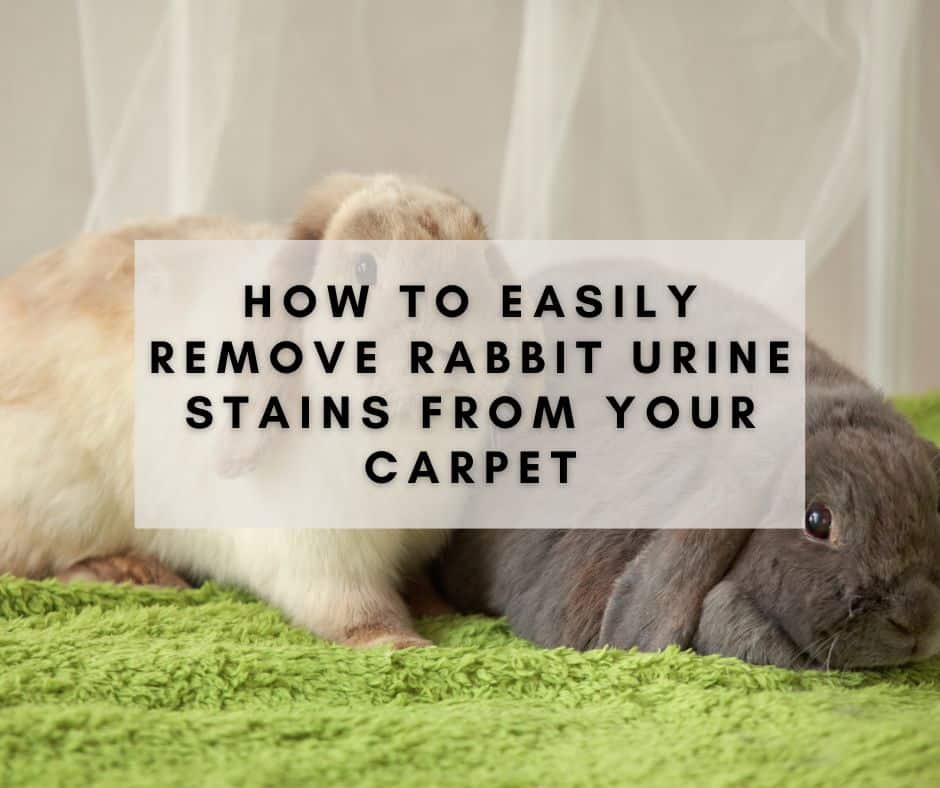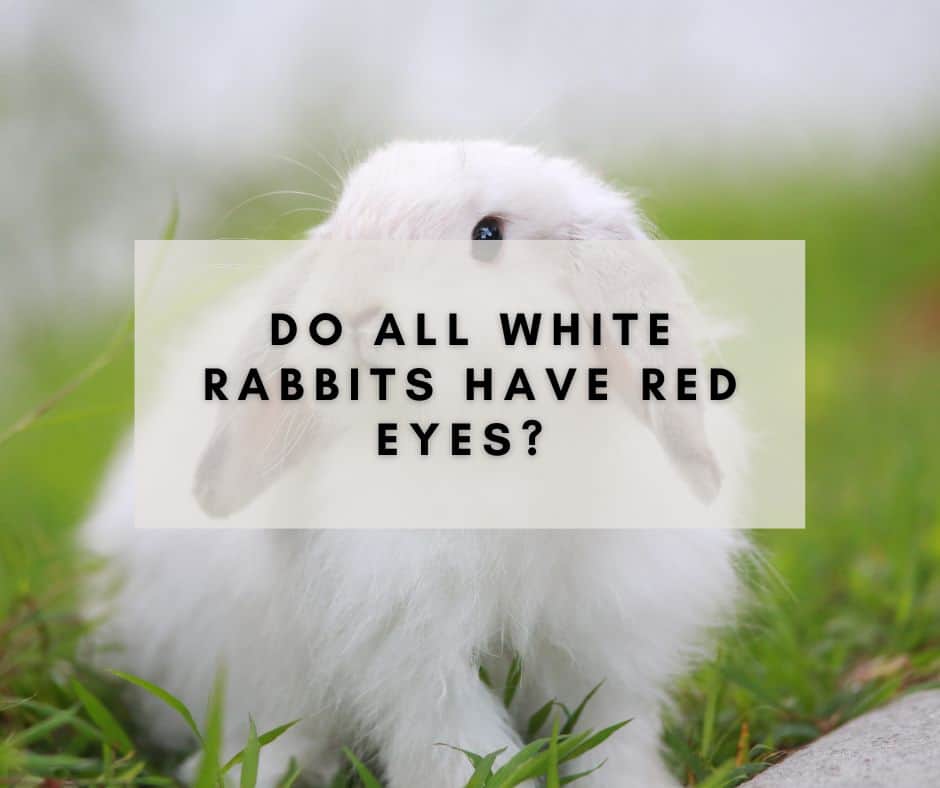Rabbits are known for their charming personalities and adorable appearance. However, if you own a rabbit, you may have noticed that they have a tendency to bite the cage bars. This behavior can be concerning for many rabbit owners, especially if you do not understand why your pet is doing that. In this article, we will explore the reasons why rabbits bite the cage bars and what you can do to prevent it.
Rabbits are naturally active creatures that require plenty of space to move around and explore. When they do not have enough space, they become bored and restless, which can lead to destructive behaviors like biting the cage bars.
Rabbits are social animals that need interaction and attention from their owners. If they do not receive enough attention, they may resort to biting the cage bars as a way of seeking attention.
Luckily there are several ways to prevent bar biting, continue reading this blog post and we will guide you on how to best prevent this behavior from occurring.
Contents
Key Takeaways
- Rabbits usually bite cage bars due to boredom, lack of exercise, and anxiety.
- Bar biting can have negative effects on the rabbit’s physical and mental health.
- Providing exercise, socialization, and mental stimulation can prevent bar biting.
Understanding Rabbit Behavior
Rabbits are social animals with complex behaviors, and understanding their behavior is key to keeping them happy and healthy. In this section, we will discuss some of the natural instincts and communication methods of rabbits.
Natural Instincts
Rabbits are prey animals, and as such, they have a strong instinct to hide from predators. They may feel threatened by loud noises, sudden movements, or unfamiliar people or animals. This instinct can cause them to become fearful or aggressive if they feel trapped or cornered.
Rabbits are also natural chewers, and they need to chew to keep their teeth healthy and worn down. In the wild, rabbits would chew on grass, bark, and other vegetation. In captivity, they may chew on furniture, wires, or other household items if they do not have appropriate chew toys.
Communication Methods
Rabbits use a variety of methods to communicate with each other and with humans. One common method is thumping their hind legs, which they may do when they feel threatened or to warn others of danger.
Rabbits also communicate through body language, such as ear position, body posture, and facial expressions. For example, a relaxed rabbit may have its ears up and its body in a comfortable position, while a frightened rabbit may have its ears back and its body tense.
Finally, rabbits use vocalizations to communicate, such as grunting, growling, and honking. They may also make soft purring sounds when they are content or happy.
Reasons Why Rabbits Bite Cage Bars
Rabbits are known to be active animals that require a lot of space to move around and play. When they are confined to a small space, they may become bored, anxious, and frustrated. One of the ways they express this is by biting the cage bars. Here are some of the reasons why rabbits bite cage bars:
Boredom
Rabbits are intelligent animals that need mental stimulation to keep them happy and healthy. When they are bored, they may start biting the cage bars to get attention or to release their pent-up energy. To prevent boredom, rabbit owners should provide their pets with toys, tunnels, and other items that they can play with. They should also allow their rabbits to roam around outside their cages for a few hours each day.
Lack of Space
Rabbits need enough space to move around, stretch their legs, and play. When they are confined to a small cage, they may become restless and start biting the cage bars. To prevent this, rabbit owners should provide their pets with a cage that is large enough for them to move around comfortably. The cage should also have a hiding place where the rabbit can retreat to when it feels scared or anxious.
Dental Problems
Rabbits’ teeth grow continuously throughout their lives. If their teeth are not worn down properly, they may become too long and cause pain and discomfort. This can lead to rabbits biting the cage bars to relieve the pain. To prevent this, rabbit owners should provide their pets with hay and other roughage that can help wear down their teeth. They should also take their rabbits to the vet regularly for dental checkups.
Hunger
Rabbits need to eat constantly to keep their digestive system healthy. If they are not fed regularly, they may become hungry and start biting the cage bars to get attention. To prevent this, rabbit owners should provide their pets with fresh hay, vegetables, and water at all times. They should also follow a feeding schedule and avoid overfeeding their rabbits.
Rabbits may bite cage bars for various reasons, including boredom, lack of space, dental problems, and hunger. Rabbit owners should be aware of these reasons and take steps to prevent their pets from becoming restless and anxious. By providing their rabbits with enough space, mental stimulation, and proper nutrition, they can ensure that their pets lead happy and healthy lives.
Effects of Bar Biting
When rabbits bite the bars of their cages, it can have both physical and psychological effects on them. In this section, we will discuss the two main effects of bar biting: physical damage and stress induction.
Physical Damage
Rabbits that bite the bars of their cages repeatedly can cause damage to their teeth, which can lead to dental problems. The constant biting can also cause their teeth to become misaligned, which can make it difficult for them to eat and drink properly. In severe cases, rabbits may even break their teeth, which can be painful and require veterinary attention.
Stress Induction
Bar biting can also cause stress in rabbits. Rabbits that bite their bars may be doing so because they are bored, anxious, or frustrated. This can lead to increased stress levels, which can have a negative impact on their health and well-being. Stress can weaken their immune system, making them more susceptible to illness and disease. It can also cause behavioral problems, such as aggression and depression.

In addition to the physical and psychological effects on the rabbit, bar biting can also be disruptive to the household. The constant noise can be annoying, especially if the cage is located in a high-traffic area of the home. It is important to identify the cause of the bar biting and take steps to prevent it from happening in the future.
Overall, bar biting is a behavior that should not be ignored. It is important to identify the underlying cause and take steps to prevent it from happening in the future. By providing rabbits with appropriate housing, toys, and socialization, you can help prevent them from biting their bars and ensure their health and well-being.
Preventing Bar Biting
Rabbits biting their cage bars can be a sign of boredom, stress, or a desire for more space. Here are some ways to prevent bar biting and keep your bunny happy and healthy.
Providing Enrichment
One of the main reasons rabbits bite their cage bars is boredom. Providing enrichment can help keep your bunny mentally stimulated and prevent bar biting. Some examples of enrichment activities include:
- Providing toys, such as chew toys, tunnels, and balls
- Hiding treats around the cage to encourage foraging
- Giving your bunny time outside of the cage to explore and play
Cage Size Adjustment
Another reason rabbits may bite their cage bars is due to a lack of space. If your bunny’s cage is too small, they may become restless and start biting the bars. Consider adjusting the size of the cage to give your bunny more room to move around. A good rule of thumb is to provide at least 12 square feet of space for a single rabbit.
Regular Feeding Schedule
A regular feeding schedule can also help prevent bar biting. Rabbits are creatures of habit and thrive on routine. Make sure your bunny is getting enough food and water, and stick to a consistent feeding schedule. This can help reduce stress and prevent boredom.
Regular Vet Check-ups
Finally, regular vet check-ups are important for keeping your bunny healthy and preventing stress-related behaviors like bar biting. Make sure your bunny is up-to-date on vaccinations and parasite prevention. Regular check-ups can also help catch any health issues early on, before they become more serious.
By providing enrichment, adjusting cage size, sticking to a regular feeding schedule, and scheduling regular vet check-ups, you can help prevent bar biting and keep your bunny happy and healthy.
Conclusion
Rabbits biting their cage bars is a common behavior that doesn’t necessarily indicate or cause health problems. However, it can be a sign that your rabbit is bored, stressed, or wants more space. To prevent your rabbit from biting the cage bars, there are several things you can do.
Firstly, you can alter your rabbit’s housing to provide more space and mental stimulation. This can include giving them access to a larger area to play in, providing toys and hiding places, and allowing them to interact with other rabbits if possible. Additionally, you can try to make their living space more comfortable by providing a soft bed and keeping the area clean.
Secondly, you can try to identify and address any underlying causes of stress or anxiety in your rabbit. This can include providing a quiet and calm environment, reducing exposure to loud noises or other stressors, and ensuring that your rabbit has a healthy and varied diet.
Finally, it’s important to remember that biting the cage bars is a natural behavior for rabbits, and it may take some time and patience to correct. By providing your rabbit with a comfortable and stimulating living space, and addressing any underlying issues, you can help prevent this behavior and ensure that your rabbit is happy and healthy.






